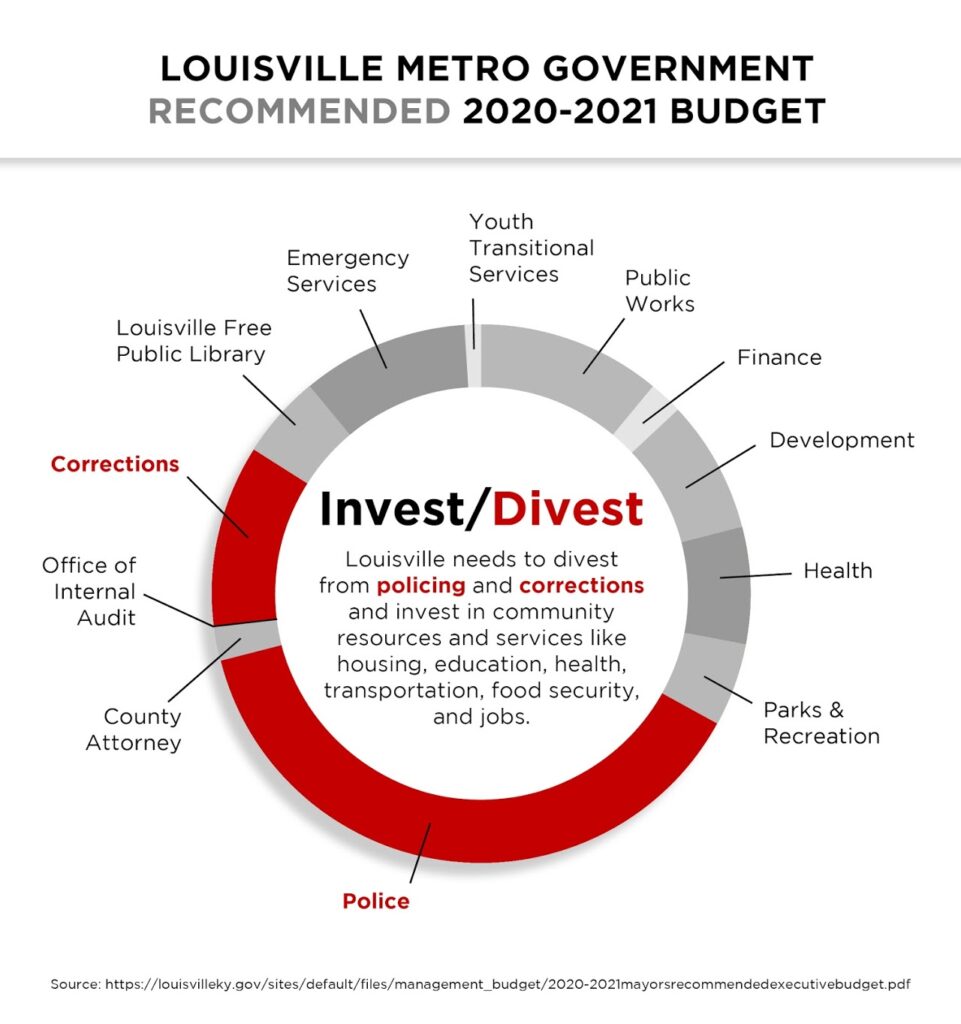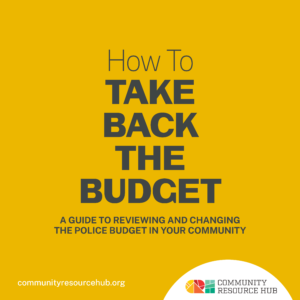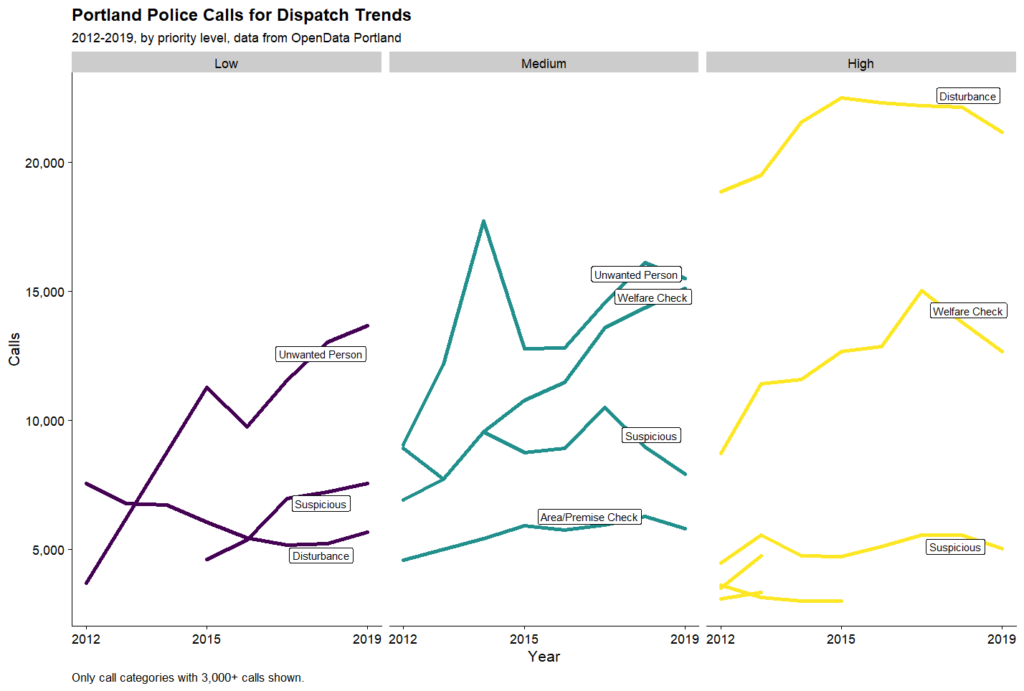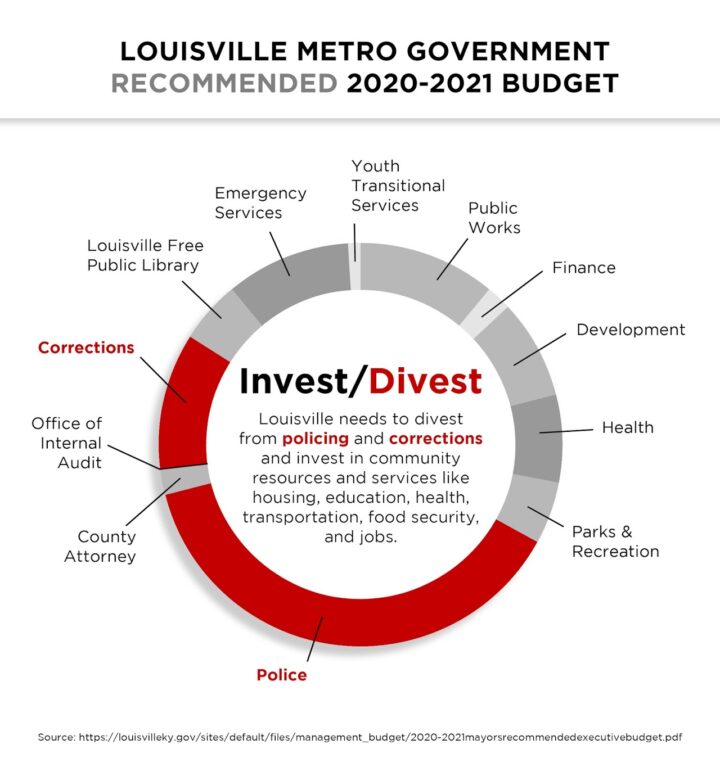This is a repost of my newsletter, The Civic Pulse, which I am crossposting to the blog. If you like the newsletter, subscribe here: https://civilytics.substack.com/welcome
A Brief Word on the Election
Friends and Colleagues,
When I started Civilytics four years ago my motivation was to help put power back in the hands of the people. Elections are a critical form of public accountability so at Civilytics we’ll be writing letters encouraging as many of our fellow citizens to vote as we can to make their voices heard. Vote Forward is a platform you can use to send individual letters to voters to encourage them to vote – and it’s proven to increase turnout in multiple studies.
If you’re looking for a way to get out the vote from home that is proven to work, consider Vote Forward.
But, I know times are busy, so please just make sure you have a plan for how you’ll vote this year – this year planning is more important than ever. I’m voting by mail which I also did for the primary this fall – it was easy and convenient.
In Memory of Breonna Taylor
I try to write these newsletters in advance, but things move so fast these days. I can’t in good conscience ignore the most recent injustice in Breonna Taylor’s case. By now you’ve heard about the failure to indict the officers who killed Breonna Taylor in Louisville.

I don’t really have the words to describe the injustice that the only criminal charges will be brought against the officers are for the property damage their stray bullets did, and not for the killing of Ms. Taylor. If you read about this event, I just ask that you listen to those who are describing what it feels to live in a city, state, and country that upholds those values through the law.
If you are moved to get involved and take some action in support of those seeking justice for Breonna, this website has all the information you need to get started:
https://www.investdivest.org/breonnataylor/
What’s inside
On to the newsletter. This issue I’m going to do a round-up of good resources related to policing and civic budgeting and announce a new resource on budgets produced in partnership between Civilytics and the Community Resource Hub.
In the next newsletter I’ll be pivoting back toward some more education focused resources and announcing the next organization to be featured in the Grassroots Spotlight.
How To Take Back the Budget
I’m proud to announce a project I have been working on most of the summer – a guide on how to read your city or county budget, interpret it, and critically evaluate the cost of policing. I’m really excited that this is now available and I’d love if you would help spread the word about this new resource.

By way of an introduction, allow me a brief story:
Public budgets can be intimidating and obtuse and if we think about them at all it is often when we are told that the budget is “tight” or in a crisis. I was talking to a friend recently and the topic of childcare came up and how expensive it is and how COVID-19 has shown how essential it is for the well-being of our communities. “If only our government could afford to offer public childcare.”
Maybe you’ve felt like this. And the truth is, your community can afford to offer childcare to every family. That’s because city, county, and state budgets are just like our household budgets, a collection of choices. It’s true most cities and counties spend every dollar they take in, but it is also true that they choose to spend 30-50% of public dollars on police officers. And if we include police adjacent activities like jails, prisons, and courts the percentage begins to balloon.
Those are funds that could easily pay for childcare. And that’s one of the many reasons people across the country are rolling up their sleeves to take back their budgets. Read the official statement on the release of this new resource below:
How to Take Back the Budget is an introductory guide to city and county budgets released by the Community Resource Hub to help communities engaged in campaigns to #DefundPolice and invest in community needs.
Learn more about the guide here.
Also, h/t, the design of this guide was put together by the great folks at Brocade Studio.
And, one more point on budgets:
If you are interested in more resources on the influence of corporations and big money donors on public budgets, public spending, and policing, you should check out the resources put out by ACRE and Little Sis.
Good Reads on Policing in America
Now, here are some good reads about the changing conversation around policing happening across the country:
Up first, parents and students in schools across the country are demanding to replace police officers with school counselors in their schools. Santa Cruz recently voted to disband its police department and replace them with school counselors. U.S. schools face a crushing shortage of school counselors.
The research backs up ending SRO programs as the great folks at Research For Action have summarized here:
https://files.eric.ed.gov/fulltext/ED608041.pdf
H/T to my friend Alyn Turner at Research for Action for bringing this to my attention:
Up next, the Boston Globe wrote an editorial calling for the end of campus policing. It’s well worth the read, but here is my favorite passage:
The full extent of campus police abuses isn’t known because, as private agencies, their actions are often shrouded in greater secrecy than those of municipal police departments. Across the country, private campus police departments are not subject to the same public record compliance that public police agencies are. In other words, many aren’t required to publicly disclose full records of any incident, even in cases like minor traffic stops, which creates a gap in knowledge of how campus police units operate.
The problem described in this paragraph is exactly what got me started in gathering the information for my own report on campus policing, published earlier this year.
Many cities are responding to calls to defund police departments by promising an array of reforms intended to reduce the brutality of policing. That’s why it’s a great time to read this excerpt from Prison by Any Other Name: The Harmful Consequences of Popular Reforms by Victoria Law and Maya Schenwar. This piece challenged me to think more critically not just about police reform, but about all policy reforms, instead of just presuming that any change from the status quo is good.
Policing has continually reinvented itself over the past 20-30 years to persist in the face of reforms, and the result of those changes is a dramatic expansion of police presence in many communities. Yet, as we have seen, this hasn’t necessarily made us safer.
Just as an example, I recently did some analysis of the growth in dispatched police calls in Portland, OR. Almost all of the increase from 2012 to 2019 was explained by police responding more often to calls related to welfare checks, suspicious activity, or reports of an unwanted person.

In the graph above I show the growth in police calls by the “priority level” the police label them with (low, medium, or high). Most of the growth comes from low and medium priority “checks” on people or places.
Policing is changing to meet a demand that was historically met in other ways. And could be again.
Finally, my collaborator and friend, Natasha Haverty spent the past several months covering the crises unfolding in New York State prisons where the dual cruelties of COVID-19 and tough-on-crime life sentences have intersected. Read the moving story of the people in prison and the healthcare crisis they face.
As always, I’d appreciate your help spreading the word about this newsletter. If you like what you’ve read, consider encouraging others to subscribe.
Times are challenging. I know many of you are facing demands for your attention on multiple fronts. Please take care of yourselves and each other.
And please make that plan to vote.
With gratitude,
Jared


